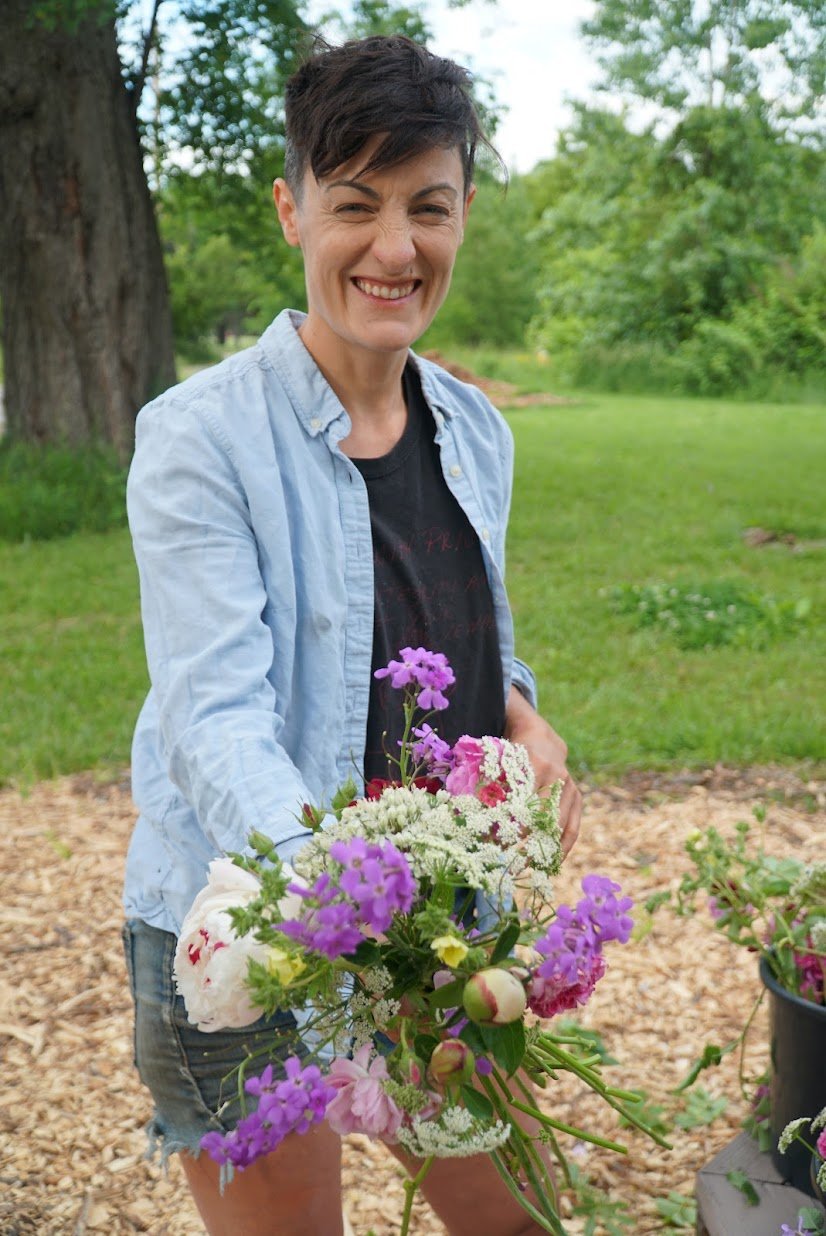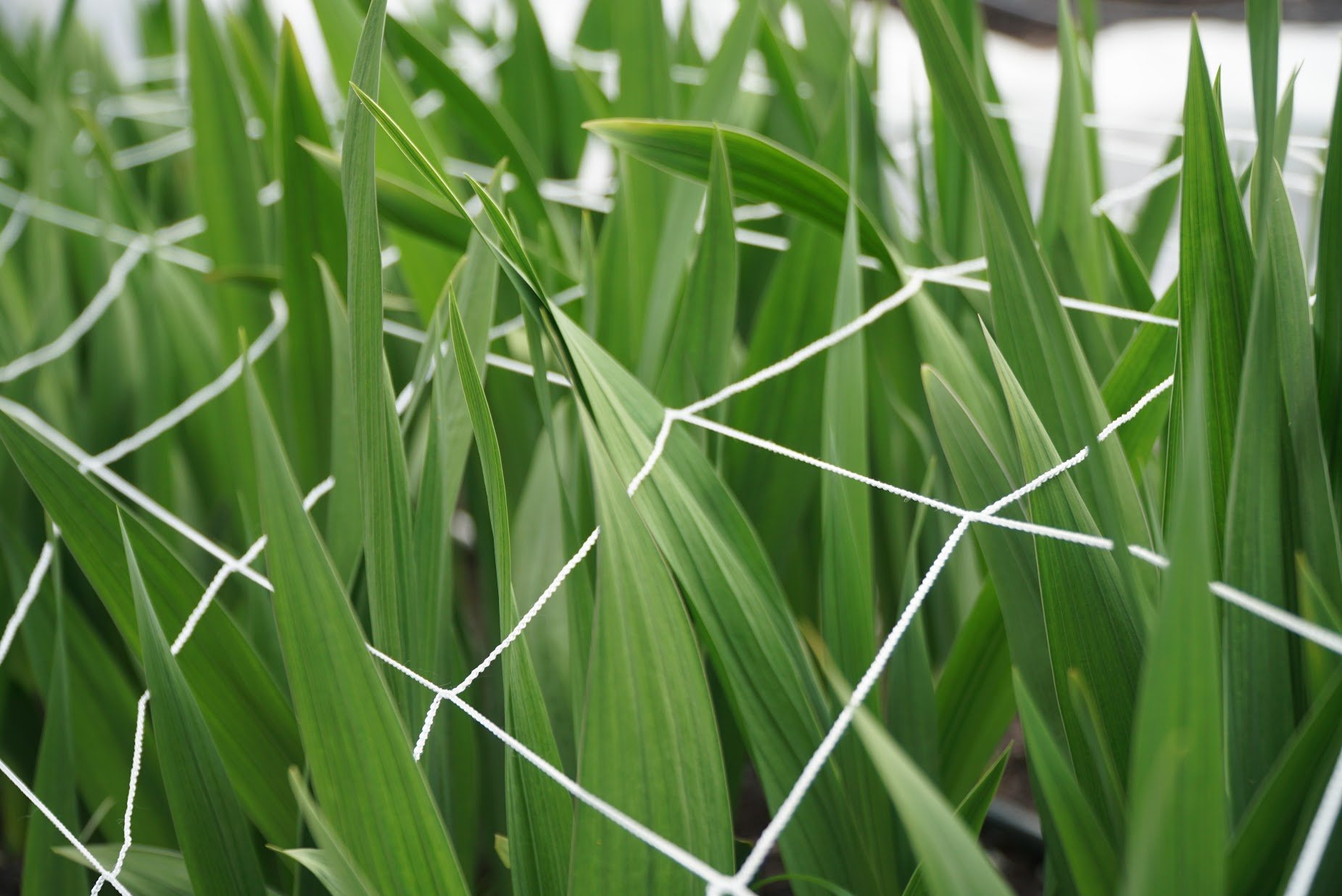Welcome to Bloomtown
2024 marks our third season growing cut flowers over here in our East Poletown neighborhood of Detroit. I’m Lis - I started Bloomtown back in 2021 on a few vacant lots next to my home and I’m thrilled to now have a few dedicated helpers to share the joy (and work) of farming. From April to October each year, we grow super fresh, high-quality cut flowers for florists, designers, and individuals.
We grow a mix of annuals (think zinnias, sunflowers, dahlias) and perennials (peonies, columbine, lavender). East Poletown and we’re in it for the long haul (perennials!). There are several ways to get our flowers: wholesale through the Michigan Flower Growers Cooperative, bouquet subscriptions that you can pick up at the farm, or through City Commons CSA, which is a collective of local farms that team up to provide weekly veggies and flowers to our members. We also do event florals and one-off bouquets - just reach out!
This season is an exciting one - we’re putting up a hoophouse, expanding the growing area, and making a community cutting garden for our neighbors to enjoy.
Come by and say hi when you are in the neighborhood and see what’s growing on!
Local flowers and healthy soil
I chose to grow flowers for 2 reasons. First, having fresh flowers in the house from April to October is an absolute joy. I don’t want to support the global cut flower industry because of the chemical and fuel usage. Also, the varieties that ship and store well are limited – grocery store flowers feel kind of like Red Delicious apples. Talking with friends, I realized others felt the same – they want flowers, just not those flowers.
My other reason for growing flowers is soil health. Environmental toxicology is kind of my thing. (Back in 2013, I did my masters research on different factors affecting plant uptake of heavy metals in urban soils.) Like many urban farmers, I use a barrier such as landscape fabric or cardboard, top with wood chips, and add about 6 inches of finished compost for my growing beds. This provides organic matter that temporarily binds to heavy metals while leaving the potentially contaminated soil undisturbed. Plants prefer to spread their roots in the good stuff on top. Adding more wood chips and compost over time allows a new humus layer to form on the soil horizon. By establishing healthy perennial gardens, we can build and stabilize soil over time.



